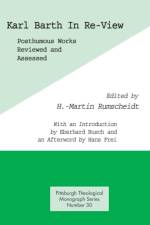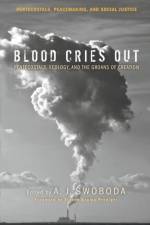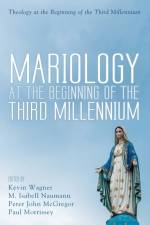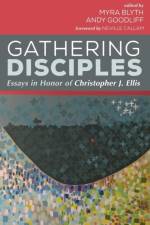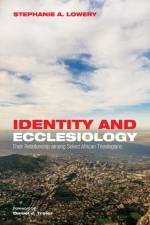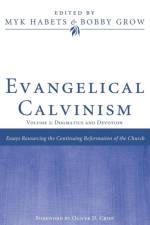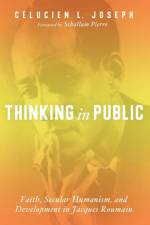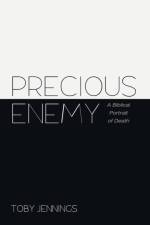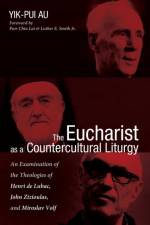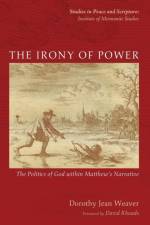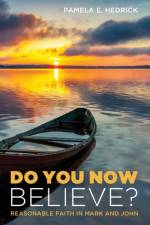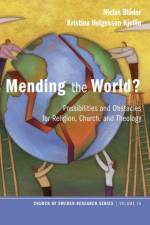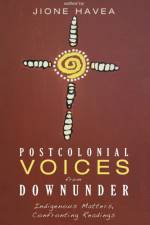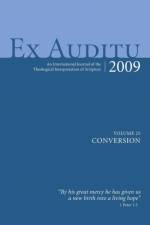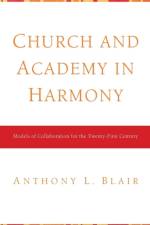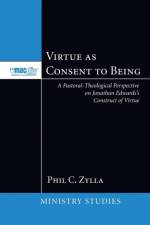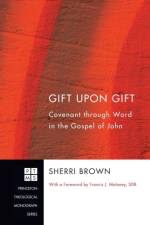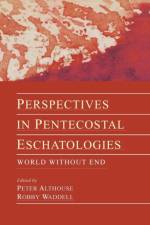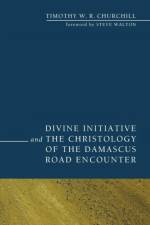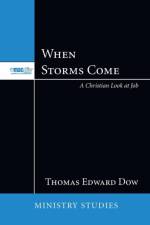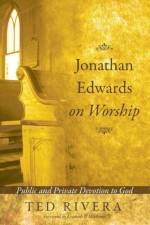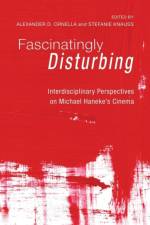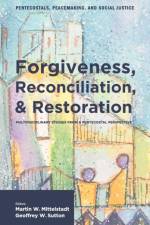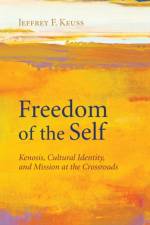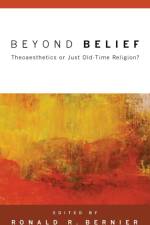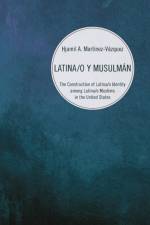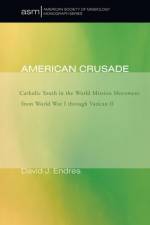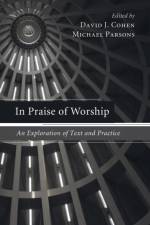451
Since the Second Vatican Council the place of Mary in theology and generally in the life of the Church has been at times muted. This is perhaps understandable given the debates concerning Mary''s ""place"" in the documents of Vatican II. In an ecumenical age, it was argued, the church needed a less triumphalist Mariology and piety with a greater focus on Mary as model disciple. In certain respects this has led to a dichotomy between the continued Marian piety of many faithful (and, truth be told, the piety of the post-conciliar popes) and a theological timidity concerning Mary.This collection of chapters seeks to address the current situation of Mariology. Taken as a whole these chapters represent a welcome call for renewal and reawakening in Mariology. The collection is also delightfully eclectic, both in terms of topics covered and in terms of the denominational and academic backgrounds of the authors.FOR BACK COVER:""This work begins with Professor Isabell Naumann''s magisterial synthesis of the contemporary themes and official Church teachings in Mariology, followed by essays that integrate Mariology with topics in spirituality, Scripture, theological anthropology, aesthetics, ecclesiology, and historical theology. . . . This is the most engaging collection of essays on Mariology currently available in the Anglophone market.""--Tracey Rowland, University of Notre Dame (Australia) ""These contributions illustrate the richness of Marian traditions throughout Christendom . . . . While this is a book about tradition, its message is not about the past; it is a message for our own time.""--Doru Costache, Sydney College of Divinity, Australia ""Here is a resource that every theologian interested in the study of Mary will find useful. . . . It provides a thorough presentation of Catholic Mariology to date, with pointers of what is to come for the future study of Christ''s mother . . .""--Virginia M. Kimball, Assumption College, Worcester, MA ""This book is a scholarly work. The essays published in it are up-to-date and wide-ranging. . . . Every Christian should read this book because the more we know Mary, the more we will come to know her son.""--Denis S. Kulandaisamy, Marianum Pontifical Faculty of Theology, RomeFOR FRONT MATTER:""This work begins with Professor Isabell Naumann''s magisterial synthesis of the contemporary themes and official Church teachings in Mariology, followed by essays that integrate Mariology with topics in spirituality, Scripture, theological anthropology, aesthetics, ecclesiology, and historical theology. A number of the authors came of age during the pontificates of John Paul II and Benedict XVI, and their contributions showcase themes in the theology of these pontificates. This is the most engaging collection of essays on Mariology currently available in the Anglophone market.""--Tracey Rowland, St. John Paul II Chair of Theology, Professor, University of Notre Dame (Australia) ""The reader of Mariology cannot but acknowledge the complexity of the topic. These contributions illustrate the richness of Marian traditions throughout Christendom, their connections with a range of doctrinal, missional, and devotional aspects, diachronically and in contemporaneity. They show likewise how these other dimensions feed back into Mariology, adding dynamism to the topic. Whilst this is a book about tradition, its message is not about the past; it is a message for our own time.""--Doru Costache, Senior Lecturer in Patristic Studies, Sydney College of Divinity, Australia ""Here is a resource that every theologian interested in the study of Mary will find useful. The chapters, written by a variety of scholars, contain a wealth of bibliographic references that in themselves make the book useful. It provides a thorough presentation of Catholic Mariology to date, with pointers of what is to come for the future study of Christ''s mother, including the coming interest in biblical anthrop

